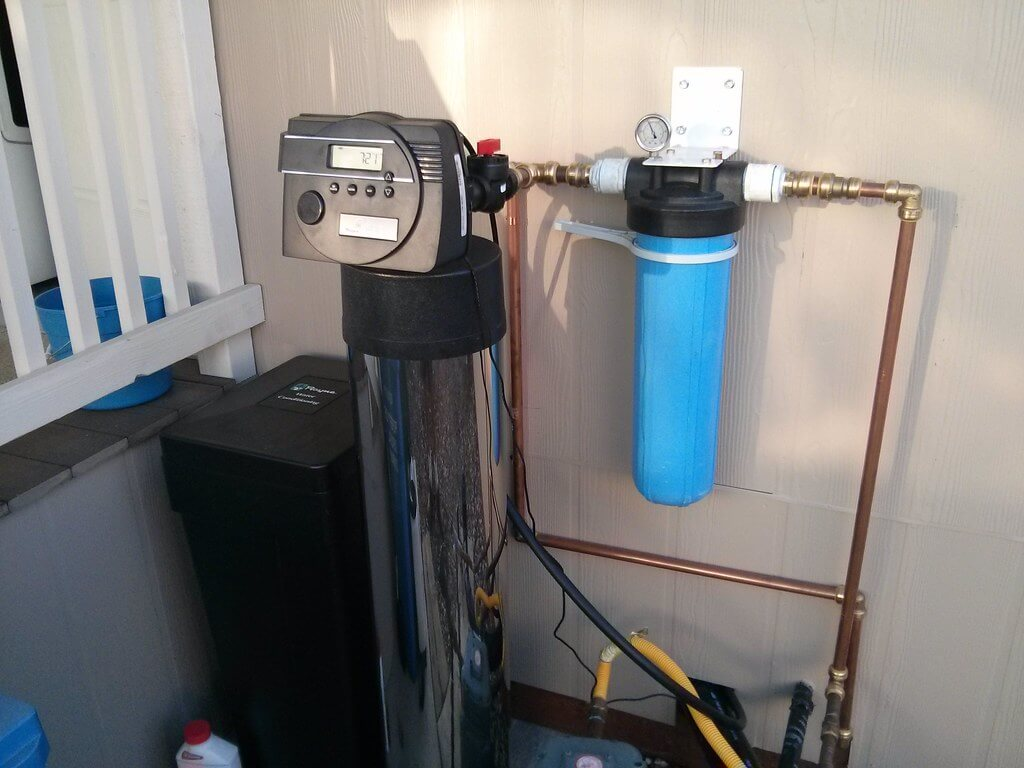
Many turn to water filtration systems to keep water impurities away and protect their families’ health. Unfortunately, they often neglect the proper maintenance after the water filtration system installation. Just like any plumbing system, your water filter also needs some regular care. Without proper maintenance, you can’t maximize the full protection it intends to give.
Here, we break down the key steps to water filtration maintenance. Follow them, and you can enjoy more than just a pure, high-quality water supply.
1. Change Filters on Time
Filters trap dirt, chemicals, and other harmful particles in your water. Over time, they get clogged and stop working as well. When this happens, your water may taste bad, smell funny, or flow slower than usual.
Check your manufacturer’s guidelines for how often to change filters. Most systems need new filters every 3 to 6 months. Some have indicator lights that tell you when it’s time for a swap. If not, set a reminder to change them before they get too dirty.
A plumber can help by checking the filter housing and replacing the filters properly. They make sure no air bubbles or leaks form when installing a new one. Skipping this step can lead to poor water quality and system damage.
2. Clean the System Regularly
A clean system lasts longer and works better. Minerals, bacteria, and mold can build up inside the unit over time. If not cleaned, these can affect water taste and safety.
Every few months, flush the system with clean water. If your system has a separate storage tank, sanitize it with a mixture of water and food-grade hydrogen peroxide. Let it sit, then rinse it out completely.
Plumbers can do a deep cleaning, especially for reverse osmosis or whole-house systems. They use safe cleaning solutions and check for hidden buildup in pipes and tanks. Regular cleaning prevents contamination and keeps your water fresh.
3. Check for Leaks
Leaks can waste water and damage your home. They also lower water pressure, making your system less effective. A small drip may not seem like a big deal, but it can lead to bigger problems over time.
Check under sinks and around pipes for any signs of moisture. If you see water pooling or notice damp cabinets, you might have a leak. Also, listen for hissing sounds near connections, as this can mean a slow leak.
Your plumber uses leak detection tools to find hidden leaks. They tighten loose fittings, replace worn-out seals, and ensure your system stays secure. Fixing leaks early prevents costly repairs later.
4. Monitor Water Pressure
Your filtration system relies on steady water pressure. If the pressure drops, water won’t flow properly through the filters. If it’s too high, it can damage pipes and fittings.
A simple way to check is by turning on your faucets. If the water trickles out instead of flowing smoothly, the pressure may be too low. If it sprays out too hard, it might be too high.
Plumbers test water pressure with gauges and adjust pressure regulators if needed. They also check for clogs or blockages that can affect pressure. Keeping the pressure balanced helps your system last longer.
5. Keep an Eye on Water Quality
Your water should always be clear, fresh, and free from odors. If it starts to taste metallic, smell bad, or look cloudy, something may be wrong with your system.
Changes in water quality can mean filters need replacing or there’s a buildup inside the system. It can also mean there’s an issue with your plumbing, such as corroded pipes or mineral deposits.
A plumber will run water tests to check for contaminants and pH balance. They also inspect the system to make sure it’s removing harmful particles. If needed, they replace faulty parts or upgrade filters for better performance.
6. Schedule Professional Servicing
Even if you follow all these steps, professional servicing is still important. Some issues are hard to spot without the right tools and knowledge.
Plumbers inspect your system for hidden problems, clean difficult-to-reach parts, and ensure everything is running smoothly. They can also spot early warning signs of wear and tear, preventing breakdowns before they happen.
Most systems benefit from a professional check-up once a year. If you have a whole-house system or live in an area with hard water, more frequent servicing may be needed.
No Time for Maintenance? Let Domination Plumbing & Heating Handle It for You!
Water filtration maintenance takes time, and missing a step can lead to bigger problems. Instead of worrying about it yourself, let the experts take care of it.
At Domination Plumbing & Heating, we provide full-service maintenance for all types of filtration systems. We change filters, clean your unit, check for leaks, and test water quality. Our team ensures your system works efficiently and keeps your water safe.
Don’t wait for dirty water or system failures. Call us today and schedule your maintenance service!








